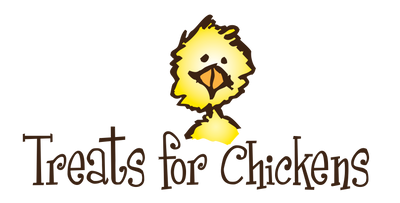Are you the store owner? Log in here

Cluck Yeah! This Mother Clucker is getting ready for a comeback! Treats For Chickens is under new ownership, but don’t worry — your flock’s favorite goodies and the look you love aren't changing! 🎉 We’re re-launching very soon with a HUGE Welcome Back promotion that your chickens (and your wallet) will go wild for. This is one comeback you don’t want to miss! Questions? Reach us anytime at cluckyeah@treatsforchickens.com